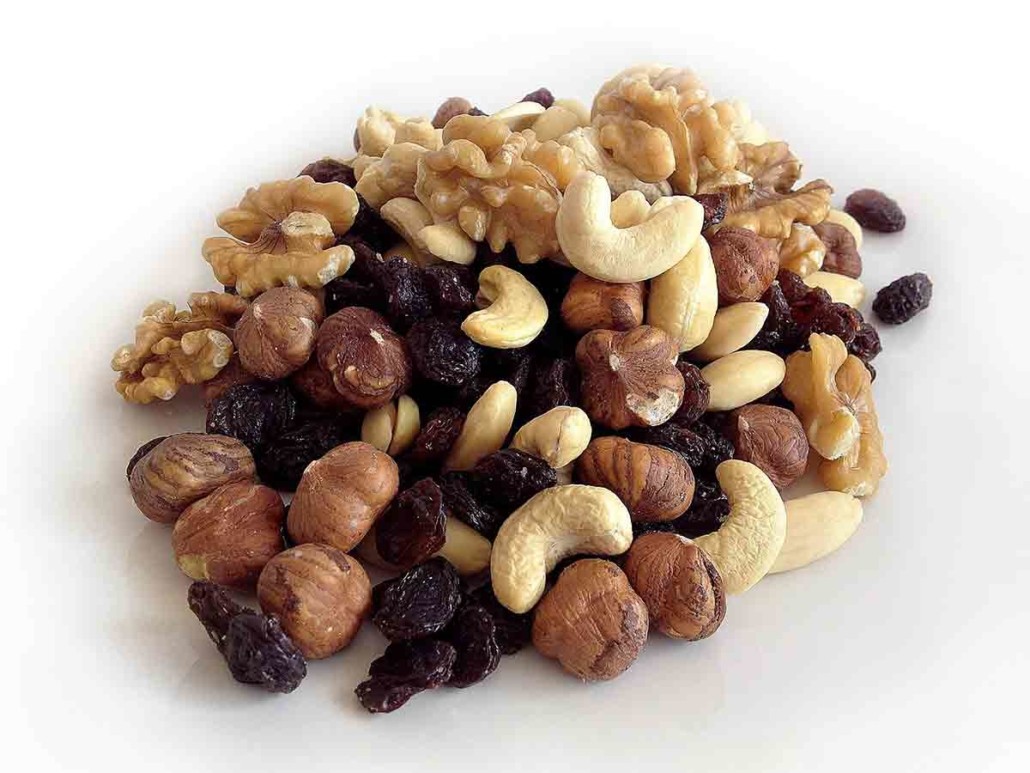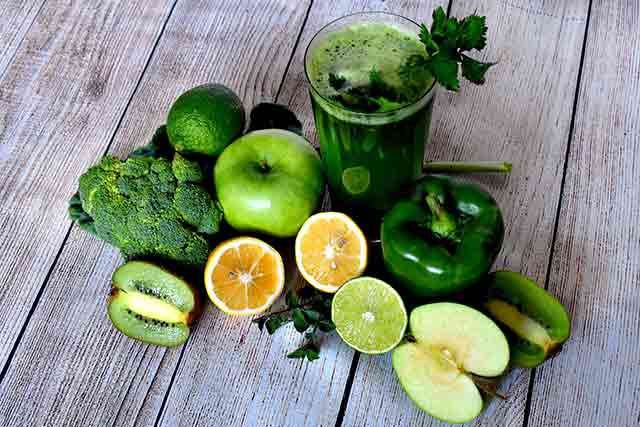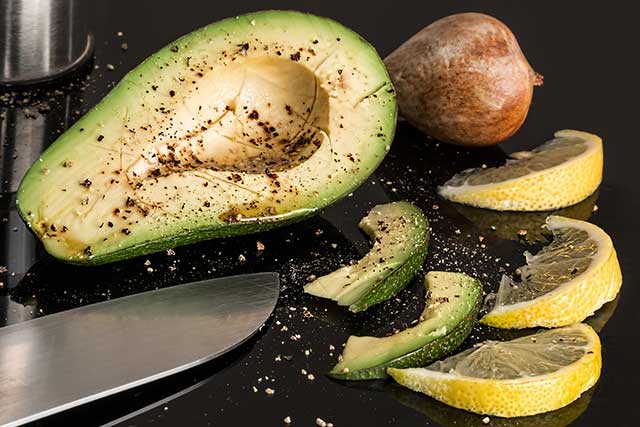2. Healthy source of energy: Oats & more
Our brain consumes roughly 20% of the glucose in our body. Monosaccharides (found in sweets, candy, lemonades, dextrose, jam) is directly stored as glucose in our body, whereas polysaccharides (found in whole grain products, complex carbs, vegetables, legumes) is first transformed and then slowly released into the blood.
Especially in the morning, you should focus on complex carbs to avoid the well-known cognitive afternoon-slump. For example, brain food breakfast recipes, which support stable blood sugar levels, are overnight oats, porridge, and yogurt with whole grain muesli (reduced sugar) or whole grain bread. You should avoid chocolate bars, pastries and the like as a snack. Great brain food snacks include both complex carbs and protein. For example, brain food recipes for snacks are hard-boiled eggs and vegetables, vegetables with hummus or millet pudding with peanut butter.
These complex carbohydrates are a healthy source of energy:
- Oatmeal
- Wholemeal bread, wholemeal pasta, wholemeal rice
- Cereal flakes
- Quinoa
- Amaranth
- Buckwheat
- Millet
- Potatoes
- Vegetables
STUWO tip: Dextrose isn’t a great source of energy because it spikes and drops your blood sugar levels quickly. These changes in your blood sugar levels are a challenge for your body.







